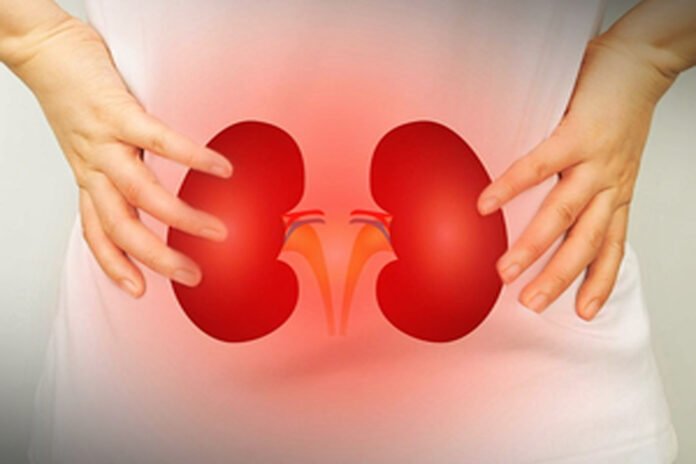New Delhi. Experts said metabolic risk factors like high blood pressure, high blood sugar, obesity and abnormal cholesterol are associated with kidney problems and increase the risk of stroke in kidney disease patients. Chronic kidney disease (CKD) is known to independently increase the risk of stroke. A recent research published in the European Heart Journal has shown that people with kidney failure are several times more likely to have a heart attack or stroke. The study showed they also had a higher risk of dying as a result. Dr PN Renzen, senior consultant, neurology, Indraprastha Apollo Hospital, told IANS that patients with low glomerular filtration rate (indicating that the kidneys are not filtering waste properly) are 40 per cent more likely to experience a stroke. .
Additionally, proteinuria (excess protein in the urine), a common feature of CKD, can increase the risk of stroke by about 70 percent. Renzen said that CKD. The interrelationship between metabolic syndrome and stroke is important and complex. Renzen said the interrelationship between CKD, metabolic syndrome (MetS) and stroke is important and complex. MetS CKD is marked by obesity, hypertension, dyslipidemia, and insulin resistance. And is a major risk factor for cardiovascular disease, including stroke. Research shows that people with MetS have a 50 percent higher risk of developing CKD than people who don’t have the disease. Renzen said the mechanisms linking these conditions include oxidative stress, inflammation and endothelial dysfunction, which adversely affect kidney function and increase the risk of stroke.
Dr Darshan Doshi, consultant neurology, PD Hinduja Hospital and Medical Research Centre, told IANS that chronic inflammation, insulin resistance and vascular damage establish the link between stroke and metabolic syndrome. Doshi said individuals with metabolic syndrome often have an increased risk of stroke, and this is even greater in people with chronic kidney disease, especially in patients on dialysis, who are more at risk for ischemic and hemorrhagic stroke. Are more sensitive to both. To reduce the risk, experts have suggested reducing blood pressure, sugar, cholesterol and weight along with lifestyle changes.

